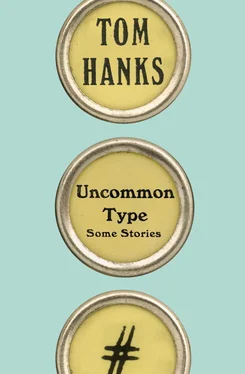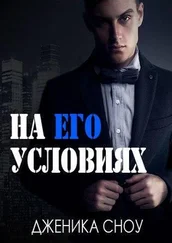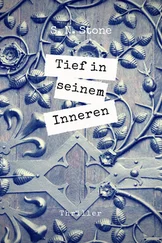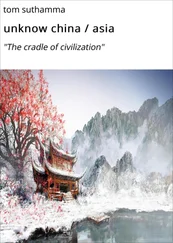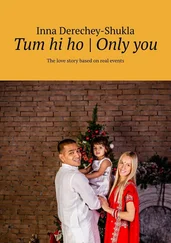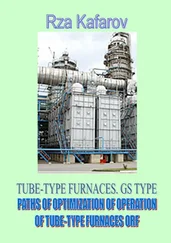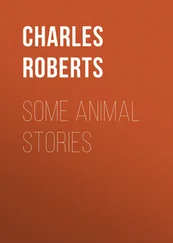The chief took a seat in the big leather barber chair and spoke, pointing to Assan like he was explaining something. The barber looked at Assan and said “Yoo bet-cha.” He draped a white cloth over the chief, pinned it tight behind his neck, then gave the chief a shave. Three times with the hot towel, the lather, and the razor, as close a shave as the Turks give a man in Constantinople. Then he trimmed the chief’s hair, shaving around his ears and the back of his neck with the lather and razor. The men laughed and told stories, the chief using so much English he must be fluent, thought Assan. The Americans laughed and looked at Assan, as if he were in on the jokes.
When the chief was clean and smelled of spicy cologne, he paid the barber with paper money, said something in English, and pointed at Assan. The barber said “Yoo bet-cha” again and waved Assan into his chair.
As the barber draped his cloth around Assan, the chief spoke in Greek.
“A free shave. I paid already. And this is for you.” The chief handed Assan a wad of folded paper money. American money. “A smart man like you will do well in America. Good luck.” The last Assan saw of the chief was his shoes, climbing the steps back up to the street.
—
Assan walked, feeling his smooth face and smelling the cologne, as the late summer night fell on New York, New York, and the lights took on new warmth. He saw so many amazing things: a window filled with dozens of roasting chickens rotating on mechanical spits, a man selling windup toy cars on a box with a wooden rail nailed to the top to keep the toys from rolling off, and a restaurant with one wall all glass, where inside Americans sat at tables and on stools at a long counter. Waitresses swung around, carrying platters of complete meals and small dishes of cakes and pastries. Assan passed a long stairway that led down below the street, fenced in with decorated iron and crowded with people going up and others going down, all in a hurry and none of them easy marks for pocket pickers.
The buildings stopped and the sky opened up, and on the other side of a busy street there were thick trees. Assan figured he must be at his middle fingers, at the Central Park. He did not know how to cross the broad street but followed with others when they walked. By a low rounded wall a man with a cart was selling H O T D O G S, and Assan was suddenly very, very hungry. He pulled out the paper money the chief had given him, finding a bill with the number 1 on it. He handed the money to the man, who kept asking him questions that Assan had no answer for. The only word he could make out was Coca-Cola, the sum total of his English, really.
The man handed over a sausage sandwich that was dripping with sauces of red and yellow and stringy, wet onions and a bottle of the Coca-Cola. Then the man gave Assan a fistful of coins of three different sizes, which he pocketed with his free hand. Assan sat on a bench and ate a most delicious meal. With half the Coca-Cola left, he went back to the man. He held out the coins, the man took one of the thinnest, and made another richly burdened sausage sandwich.
The sun had gone down and the sky was dark and the lampposts were shining as Assan walked along the paths of the beautiful park, finishing the Coca-Cola. Assan saw fountains and statues. He saw men and women as couples, holding hands and laughing. A rich lady walked a tiny dog, the funniest dog Assan had ever seen. He almost howled at it as a joke, but Assan thought maybe the rich lady would complain to a cop, and the last thing he wanted was a cop asking for his papers.
At a side entrance to the park, a gate in a wall, Assan came to where the city began again. It was late now, and people were crossing the street, heading into the park with blankets and pillows. Assan could see these people were not like the rich lady with her dog, but families of white and black and brown people with giggling kids and men and women who looked tired from a day’s work. Assan suddenly felt so very tired, too. He followed a family back into the park, coming to a big field of grass, where others were laying out blankets and bedding to sleep outdoors in the hot, humid night. Some were already asleep. Others hushed their kids and made sleeping spots near the trees on the border of the field.
Assan found a spot with soft grass. He removed his shoes and used his jacket as a pillow. He fell asleep to the sounds of distant traffic and quiet conversations between husbands and wives.
—
Assan washed his face in a public restroom in a stone building. Flicking his fingers, he brushed his pants and suit jacket and shook out his nice shirt, then put his clothes back on, wondering where he would walk today.
That was when he thought of the man who had been shouting into a telephone, the man who made the chief laugh, the man in the window with the Greek flag. Where was that again? He looked at the palm of his hand, at the map there, and remembered the chief saying Twenty-Sixth Street and Seventh Avenue, and Assan knew he could find it again.
No one was in the window at Twenty-Sixth and Seventh when Assan looked up, but the Greek flag was there. Assan found an entryway nearby that had a small sign with another small Greek flag on it and words in Greek: THE HELLENIC INTERNATIONAL SOCIETY. Assan went through the door and up the stairs.
The day was already hot and the office was sweltering, even with the door ajar and the windows cracked open. Assan heard music playing—a slow tune with a voice repeating words. Ay…ay…ay…space…es…es…es…space. A clacking typewriter noise came with each word. Dee…clack…dee…clack…dee…clack. At the office door, Assan saw only a messy desk and some easy chairs.
Eff…clack…eff…clack…eff…clack…space…thunk. Assan stepped inside. A girl was in the small inner office, sitting in front of a small green typewriter on a tiny table. She was concentrating on the fingers of her left hand, pressing the keys that matched the instructions on the record. Assan stayed quiet, not wanting to disturb the typing lesson.
“Tikanis.”
Assan turned. The man who had been yelling into the telephone yesterday was walking in, carrying a small paper bag. “Who are you?” the man asked in Greek.
“Assan Chepik.”
“Not Greek?”
“No, Bulgarian. But I come from Greece. I saw the flag.”
The man pulled a cardboard cup filled with what smelled like coffee from the paper bag, along with a round cake with a hole in the middle. “You did not tell me you were coming today, Assan, or I would have brought you breakfast!” The man laughed out loud. “Dorothy! We need another coffee for Assan, here.”
Ell…ell…ell…space . “I just started a lesson!”
“Pick up the needle. When Bulgarians are hungry they get nutsy.” The man turned to Assan. “Dorothy will get you a coffee. At least it’s what they say is coffee here.”
—
Assan sipped a hot drink, mostly milk and sugar with something of a coffee taste. Dorothy was back at her typewriter, clacking along with the record. You…you…you…space…eye…eye…eye…space . Demetri Bakas, which was the man’s name, asked questions of Assan. Assan told of his job on the Berengaria and that just yesterday he had left the ship, but said nothing of Ibrahim hiding between the decking or getting off in the city called Philadelphia.
Assan also said nothing of the four years since the war ended, nothing about all his attempts at crossing the border between Bulgaria and Greece. He did not tell of the early morning when his brother made the mistake of starting a fire to heat some water. They were in the mountains, had slept between two rocks, and were planning to move along quickly, but Assan had some coffee in his pocket. His brother wanted just one cup, for energy he said, but he really wanted the taste of hot coffee on a cold morning. The Communist bounty hunters had been trailing after them and saw the smoke from the fire. Assan had been taking a shit on the other side of a copse of trees. Unseen, he watched his brother put up a fight and a Communist shoot him in the head. He didn’t tell Demetri about the man he’d had to kill, either. Assan was drinking from a stream that ran alongside a path when a local man almost stumbled upon him. The man wore a Party pin on his threadbare jacket, and the look in his eyes said all Assan needed to know. The man was running back to whatever village was nearby to report seeing a traitor making for the border, but Assan chased him down, hit him with a rock, then threw his body down into a gully. And Assan was silent about the time he finally arrived in Athens and made a friend who told him to go to a certain house where refugees like him lived together. When Assan went to the house, he was beaten up, thrown into an unmarked truck, and taken back across the border into Bulgaria, handcuffed to others who had fallen for the traitor’s trick. Assan said nothing of the Communist captain who chained him to a chair, then yelled questions at him and, not liking the answers, used his fists and then special tools as he yelled the questions again and again. Assan said nothing of the camp, of the prisoners he saw shot in the camp, of the prisoners he saw hanged in the camp.
Читать дальше
